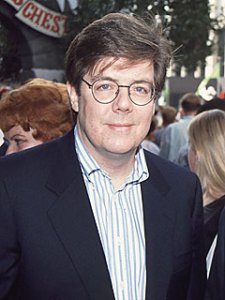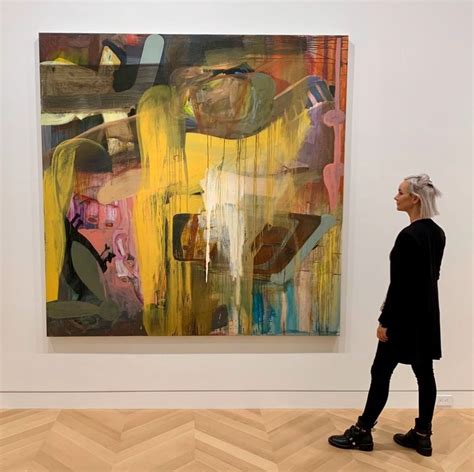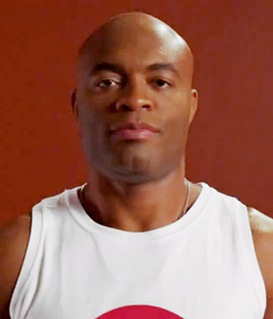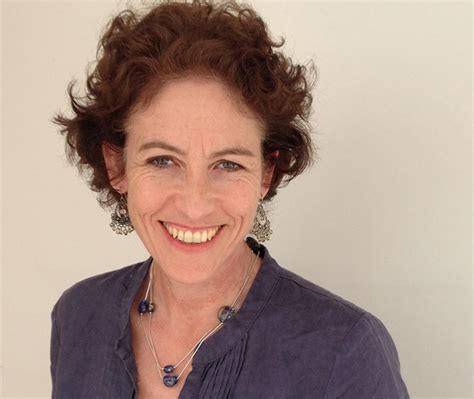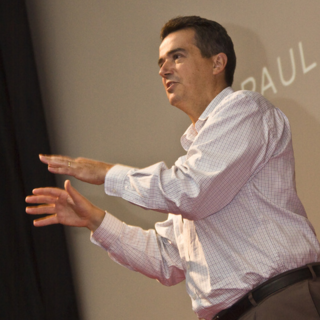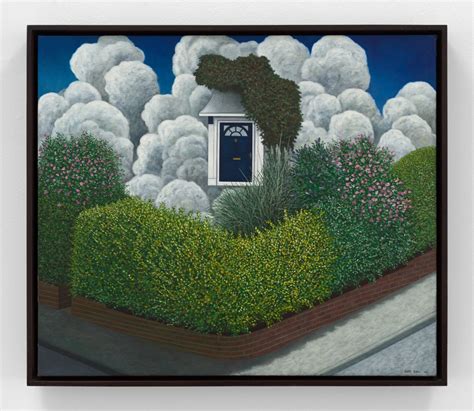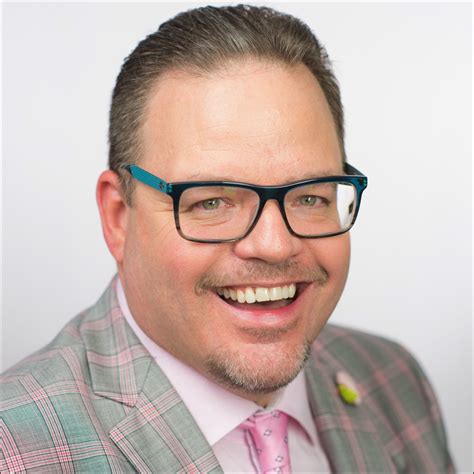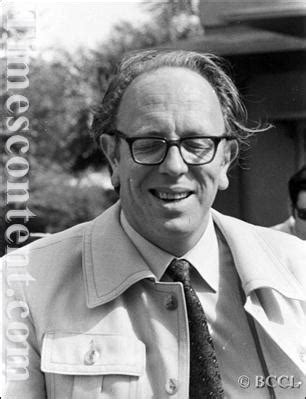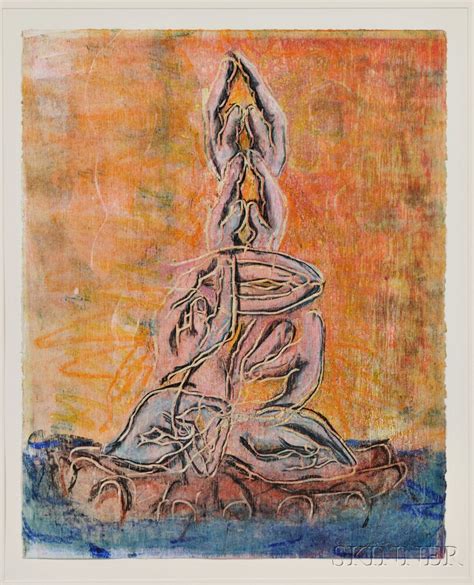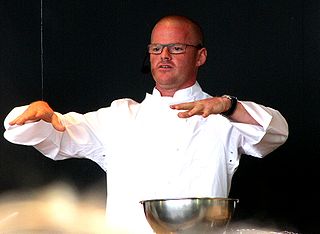Top 1200 Big Questions Quotes & Sayings - Page 2
Explore popular Big Questions quotes.
Last updated on April 16, 2025.
It would seem to me... an offense against nature, for us to come on the same scene endowed as we are with the curiosity, filled to overbrimming as we are with questions, and naturally talented as we are for the asking of clear questions, and then for us to do nothing about, or worse, to try to suppress the questions.
Questions are not happenstance thoughts nor are questions common problems of today which one picks up from hearsay and booklearning and decks out with a gesture of profundity questions grow out of confrontation with the subject matter and the subject matter is there only where eyes are, it is in this manner that questions will be posed and all the more considering that questions that have today fallen out of fashion in the great industry of problems. One stands up for nothing more than the normal running of the industry. Philosophy interprets its corruption as the resurrection of metaphysics.
Quite early on, and certainly since I started writing, I found that philosophical questions occupied me more than any other kind. I hadn't really thought of them as being philosophical questions, but one rapidly comes to an understanding that philosophy's only really about two questions: 'What is true?' and 'What is good?'
Curiosity is a key building block. The more curious you are, the more creativity you will unleash. A great way to do that is to ask the three "magic questions" again and again... those questions are simply, "Why", "What if?", and "Why not?". Asking these questions constantly focused you on the possibilities and away from how things are at the moment.
In general, questions are fine; you can always seize upon the parts of them that interest you and concentrate on answering those. And one has to remember when answering questions that asking questions isn't easy either, and for someone who's quite shy to stand up in an audience to speak takes some courage.
There are fun parts of running a startup and not so fun parts, and Facebook handles the not so fun parts, like infrastructure, spam, sales. The real questions are, how big can 'Instagram' get? Is it 400 million, or bigger? Can it be a viable business if it is that big? These are at the top of the list for everyone in Silicon Valley.
I did answer all of the questions put to me today, ... Nothing in my testimony in any way contradicted the strong denials that the president has made to these allegations, and since I have been asked to return and answer some additional questions, I think that it's best that I not answer any questions out here and reserve that to the grand jury.



